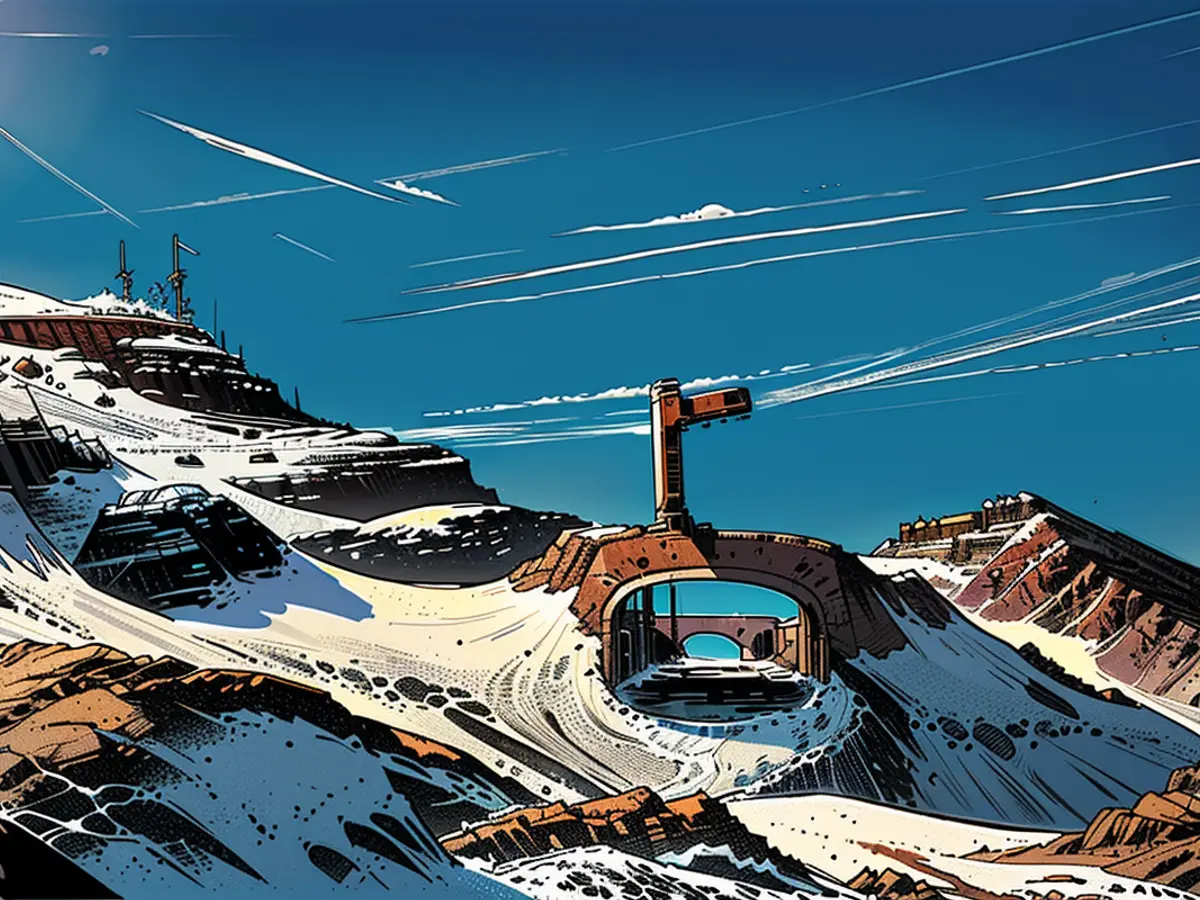Unyielding winter conditions fail to halt glacier deterioration
Last winter's heavy snowfall failed to significantly aid the Swiss glaciers. This is due to unseasonably high temperatures in July and August, coupled with Saharan dust settling on the mountains, causing a 2.5% decrease in glacier volume this year, as per the Swiss Cryospheric Monitoring Commission under the Swiss Academy of Sciences.
Following the heavy snowfall in winter 2023/24, it appeared promising, with the Swiss Academy of Sciences mentioning data from the Glacier Monitoring Network (Glamos). There was a 30% increase in snowfall above 2,200 meters, exceeding the long-term average from November to May. Records as far back as 90 years show some of the highest average snow depths during this period.
However, the summer months of July and August turned out to be the warmest, and consequently, the month of August saw the most significant glacier ice loss in recorded history. Even the well-known Jungfraujoch, around 3,463 meters high, experienced higher temperatures than the heatwaves of 2003 and 2022. The volume of glaciers had already reduced by 10% within the span of two years (2022 and 2023), the most significant reduction in any two-year period.
Additionally, Saharan dust played a negative role this year. It tinted the snow yellow-brown and caused it to absorb more sunlight, leading to faster melting. Furthermore, there was a scarcity of snowfall above 3,000 meters between mid-June and mid-September, which is unusual compared to the long-term average but has become more frequent in recent years.
Despite the promising increase in snowfall during the winter of 2023/24, the negative impact of the summer's high temperatures and Saharan dust remained evident. Unfortunately, despite the heavier than average snowfall, the glaciers still faced significant losses, with more ice melting away in August than any recorded history. The glaciers, including renowned ones like Jungfraujoch, were affected by this heat, leading to a decrease in their volume.







